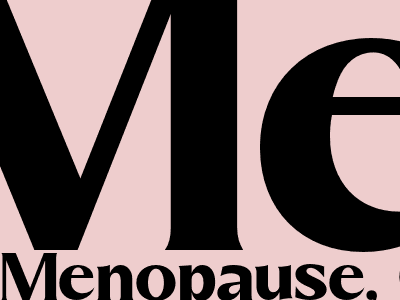
Menopause and Heart Health: A Deep Dive into the Connection
Understanding the Relationship
Menopause, the natural cessation of menstruation, marks a significant transition for women. Along with physical and emotional changes, menopause can also impact cardiovascular health. The American Heart Association recognizes the unique risks women face during this time and highlights the importance of preventive measures.
Hormonal shifts during menopause, particularly the decline in estrogen, play a role in altering lipid profiles and blood pressure regulation. These changes can increase the risk of developing cardiovascular diseases, such as coronary artery disease and stroke.
Risk Factors and Prevention
Several risk factors are associated with menopause and heart health, including:
- Age: The risk of cardiovascular disease increases with age.
- Smoking: Smoking significantly elevates the risk of heart disease in postmenopausal women.
- Obesity: Excess weight contributes to inflammation and insulin resistance, both of which can increase heart disease risk.
- Physical inactivity: Regular exercise plays a vital role in maintaining heart health.
Preventive measures for women during menopause include:
- Maintaining a healthy weight
- Engaging in regular physical activity
- Quitting smoking
- Managing blood pressure and cholesterol levels
- Consuming a heart-healthy diet
Hormone Replacement Therapy (HRT)
HRT is a potential treatment option for some postmenopausal women. Estrogen therapy, which replaces the declining levels of estrogen in the body, has been shown to have beneficial effects on cholesterol levels and blood vessel function.
However, HRT is not without its risks. It may increase the risk of certain cancers, such as breast and endometrial cancer. The decision to use HRT should be made in consultation with a healthcare professional after considering individual risk factors and benefits.
Lifestyle Modifications and Support
Lifestyle modifications play a crucial role in protecting heart health during menopause. Adopting a heart-healthy diet, rich in fruits, vegetables, and whole grains, is essential. Regular exercise, such as brisk walking or swimming, is recommended for at least 150 minutes per week.
Additionally, stress management techniques, such as yoga or meditation, can help reduce inflammation and improve overall well-being. Seeking support from family, friends, or support groups can provide emotional assistance during this transition.
Regular check-ups with a healthcare professional are essential for monitoring heart health and managing any underlying conditions. Open communication and informed decision-making are key to maintaining optimal cardiovascular health throughout menopause and beyond.
Conclusion
Menopause is a period of significant change for women, and understanding its impact on heart health is crucial. By addressing risk factors, adopting preventive measures, and making healthy lifestyle choices, women can reduce their risk of developing heart disease and maintain cardiovascular well-being during this transition and beyond.